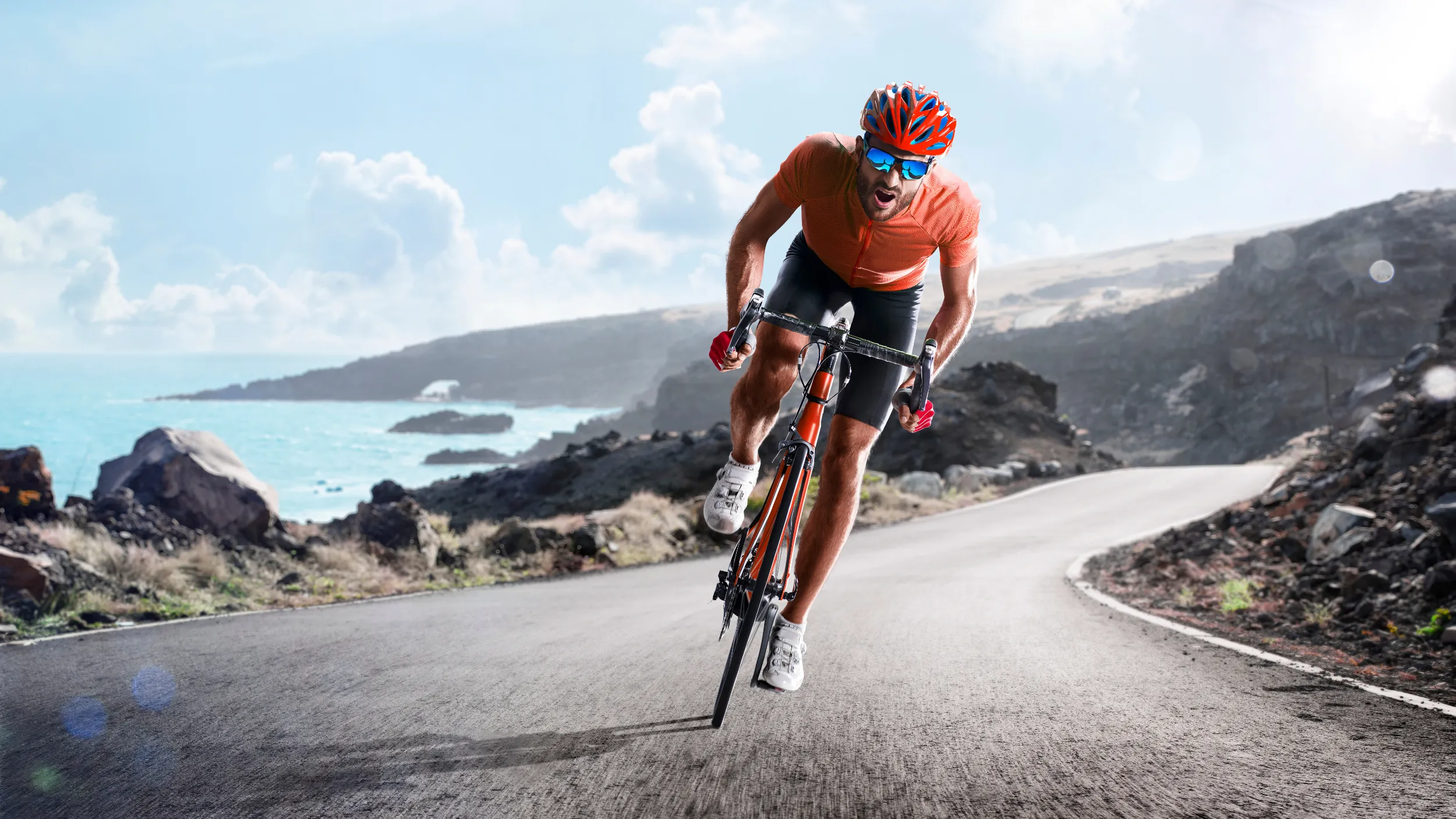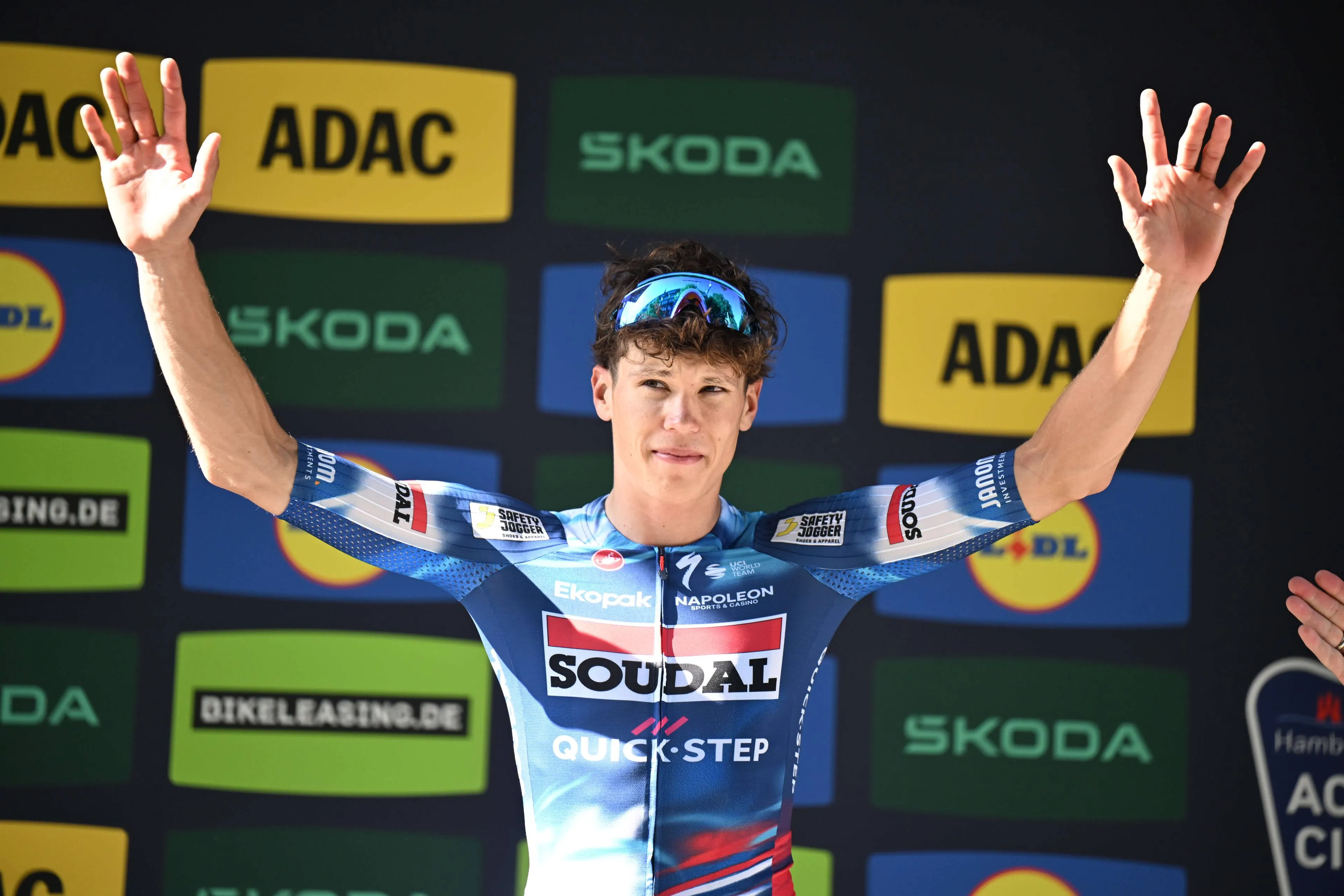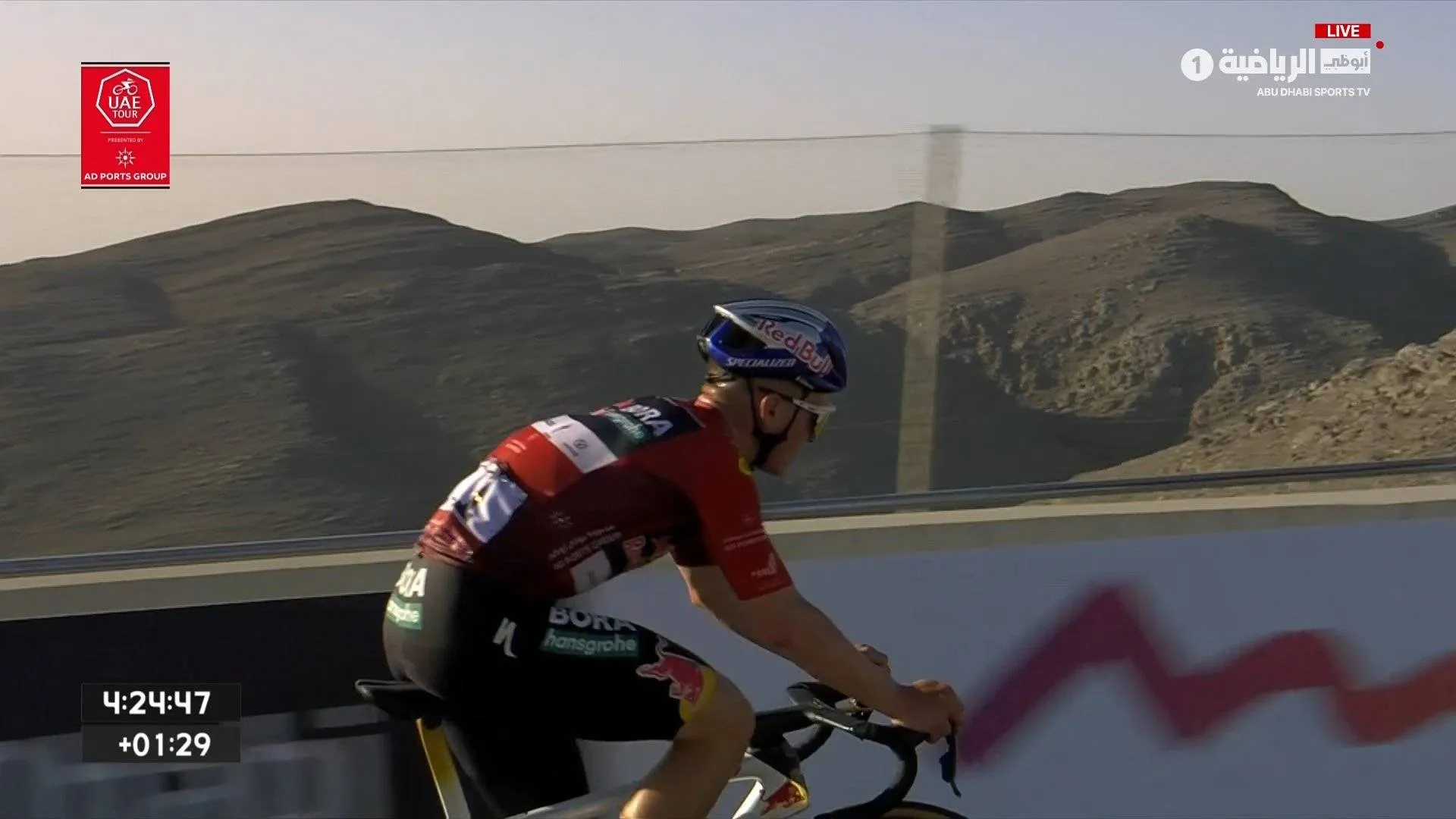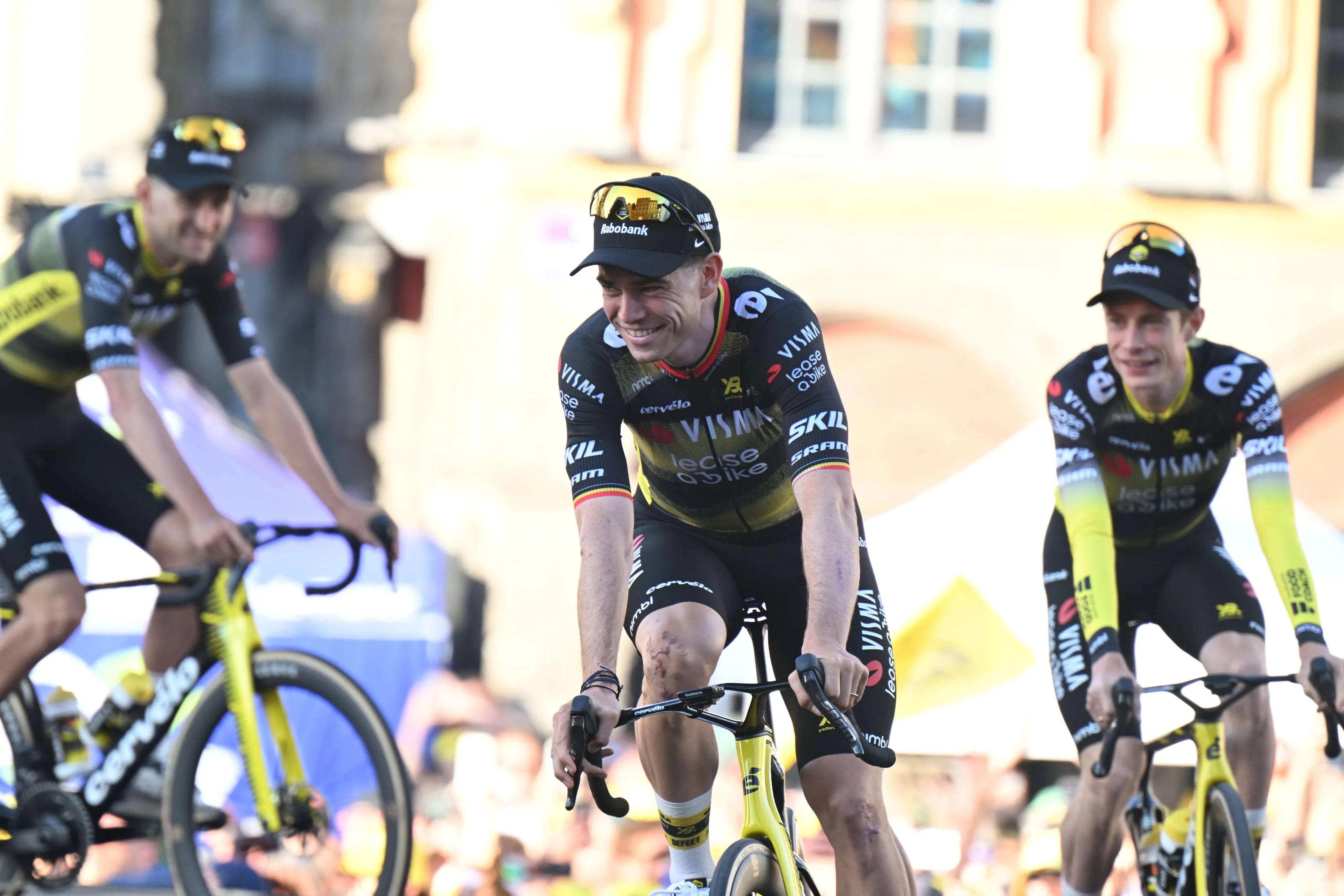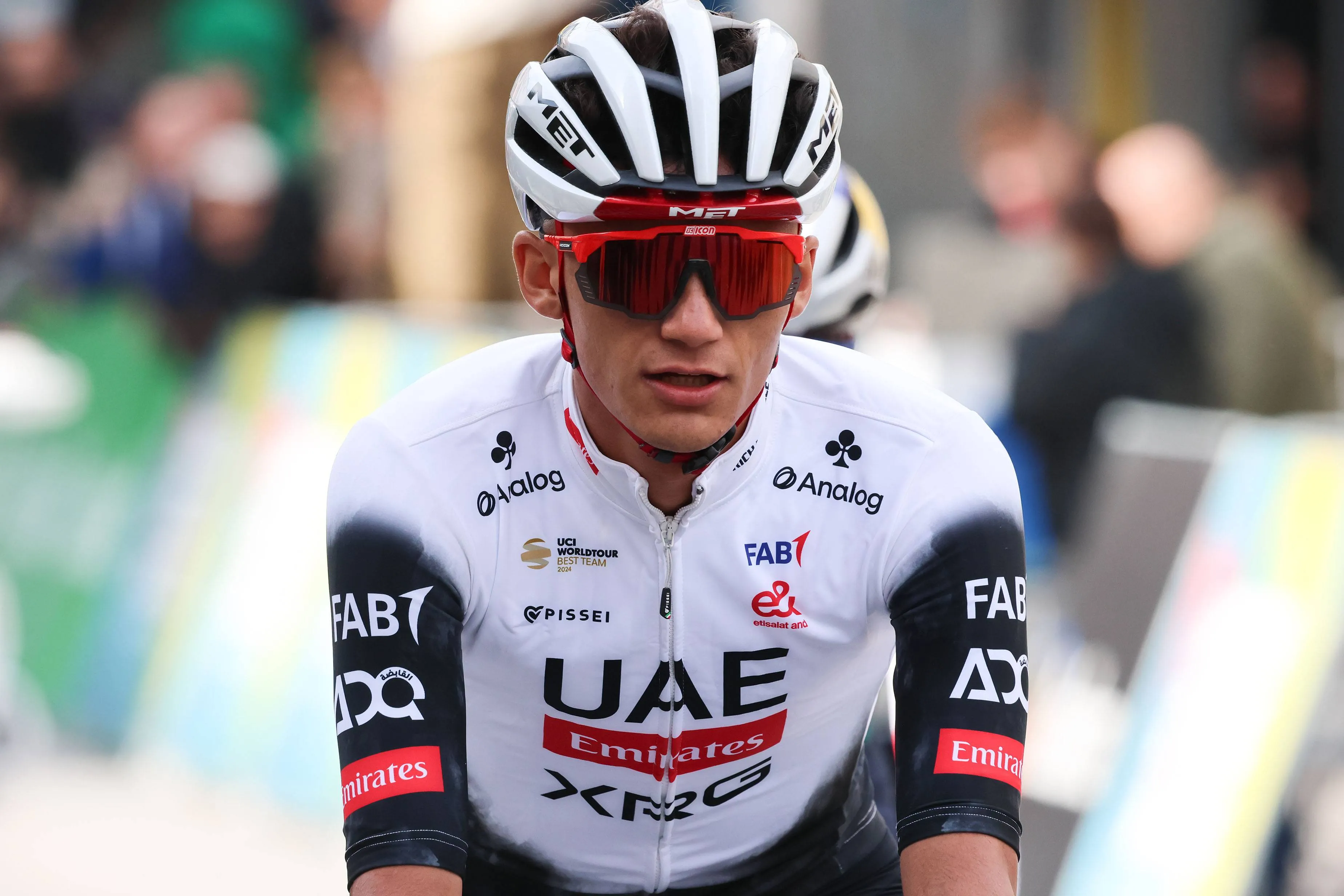Analysis - History of the Angliru at the Vuelta a España: From 'Chava' Jiménez to Hugh Carthy via Contador and Froome
CyclingThursday, 17 August 2023 at 20:30
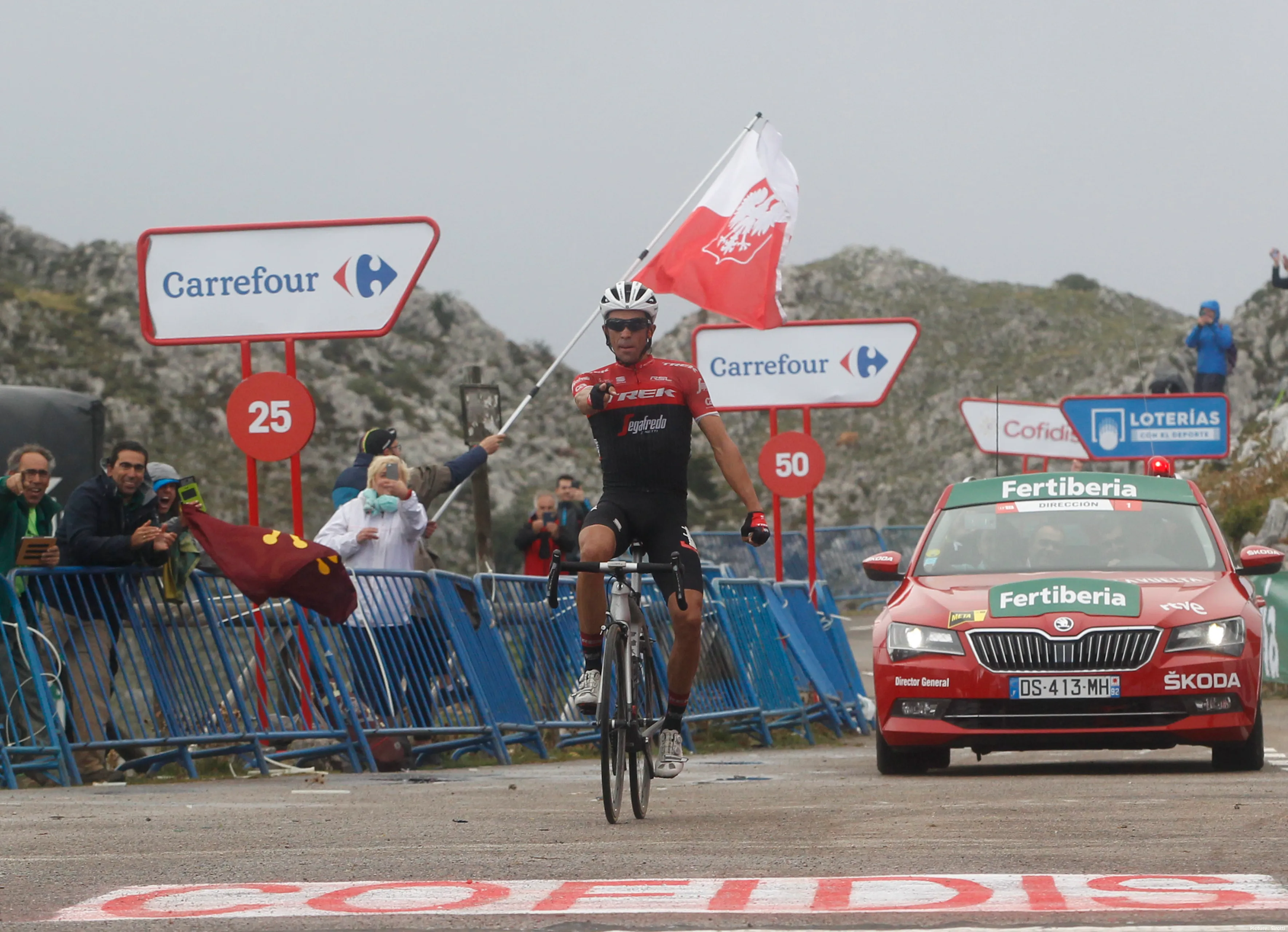
The Alto del Angliru, with its steep and challenging slopes, has been an epic test for cyclists in the Vuelta a España. Each ascent of this iconic mountain has been a spectacle of endurance, strategy and determination, and this year will be no exception. In anticipation of the next edition of the Vuelta a España 2023, where the Angliru will once again test the cyclists, let's review the fastest climbs that have left their mark on the history of this mythical mountain.
El Chava Jimenez and Pavel Tonkov in a Duel of Titans.
The Angliru made its debut in the Vuelta a España in 1999 and it was the legendary José María Jiménez who was the first to win after catching up with Russian Pavel Tonkov and passing him over the finish line. They both clocked a time of 44 minutes and 57 seconds.
Read also
The Dominance of Roberto Heras in the Early Years of the 21st Century.
Roberto Heras, an outstanding climber, left his mark on the Angliru on several occasions. In 2000, he excelled with an impressive climb, completing the ascent in just 41 minutes and 56 seconds. Demonstrating his mastery of the mountain, Heras repeated his feat in 2002, recording a time of 43 minutes and 57 seconds.
Contador and Cobo: Names that Shine on the Mountain.
The talents of Alberto Contador and Juan José Cobo have also been echoed on the slopes of the Angliru. In 2008, Contador braved the relentless slopes and took the victory with a time of 43 minutes and 13 seconds, making clear his dominance in the mountains. Three years later, in 2011, Cobo added his name to the list of Angliru champions, completing the climb in 43 minutes and 59 seconds.
Read also
Horner, Froome and Alberto Contador's last pistol shot.
In 2013, Chris Horner established himself as one of the fastest cyclists on the Angliru, completing the climb in 43 minutes and 7 seconds. Then, in 2017, the duel was more intense, with Wout Poels and Chris Froome crossing the line in 44 minutes and 39 seconds. Alberto Contador, in his last race as a pro, took the breakaway victory with a slightly worse time of 44 minutes and 48 seconds.
Hugh Carthy, the last to succeed.
The last ascent before this year, in 2020, saw Hugh Carthy climb with impressive speed, topping the mountain in 43 minutes and 36 seconds.
With these impressive records in mind, cycling fans are eager to see who will make their mark on the Alto del Angliru in the upcoming Vuelta a España 2023. With every rider eager to conquer the mountain and achieve glory, an epic competition is on the horizon in this iconic test of endurance and skill on two wheels.
Read also
claps 0visitors 0
Just in
Popular news
Latest comments
- Fantastic climb by Tiberi. Let’s see more of this from him.Pedalmasher19-02-2026
- Loved watching this finale. Brutal climb, looked like a brand new Middle Eastern Alpe d'Huez with those switchbacks on the mountain edge. So much grit on Del Toro's face. I really thought he might catch Tiberi with about 1500m to go. Great stage.antipodeanpedalfan19-02-2026
- You’re expecting cycling to stay immune from this type of conjecture when the worlds’ most watched and listened to figure spouts out similar unsubstantiated crap daily? Most people just follow bad example because it’s a lot easier than figuring out a good one. Anyway, it could be anything, perhaps he just knew Andrew too well, or Sir Jim didn’t want him helping any more of those pesky foreigners and paid him off ;-) He doesn’t seem the Epstein type but if that was it, kudos to him for being practically the only one to resign BEFORE being found out. I find it very concerning that no-one has much to say about any of these people who keep at it until they just can no longer claim their innocence. Who did they learn from, Lance?Mistermaumau19-02-2026
- If you are going to make comments like that, back it up with proof. Otherwise keep them to yourself.Searider18-02-2026
- In the same place as the outcry over boys vs girls losing weight, which, is in about the same place as boys vs girls getting hit, or abused.Mistermaumau18-02-2026
- Haha.awp18-02-2026
- That's a little extreme, you take wins where you can get them.awp18-02-2026
- Ironic no, a British boss of British companies has no problem outsourcing a large proportion of jobs to foreigners and then complains a proportion of that proportion actually lives in the country. And do you expect if you leave that no-one will take your spot?Mistermaumau18-02-2026
- Slowly slowly the youngsters are making more and more of an impact.Mistermaumau18-02-2026
- I agree for certain situations, especially camps and popular training destinations but teams can’t manage or afford to chaperone all their riders all the time. Off season they still have to train and want to be home as much as they can (this is also where they are easiest to « catch »). On the other hand, if riders like Tadej accept « invitations » to ride on certain roads just for promotional purposes like in Gran Canaria they are also responsible for any trouble it attracts, you can’t expect people to stay away once you deliberately notify where you’re going to be and when. SeemsMistermaumau18-02-2026
Loading
⛰️ ANGLIRU (12.80 km, 9.64 %, 1234 m) | #LaVuelta23 1999 | 44:57 | J.M.Jimenez,Tonkov 2000 | 41:56 | Heras 2002 | 43:57 | Heras 2008 | 43:13 | Contador 2011 | 43:59 | Cobo 2013 | 43:07 | Horner 2017 | 44:39 | Poels,Froome | 44:48 | Contador (🏆) 2020 | 43:36 | Carthy
Write a comment


